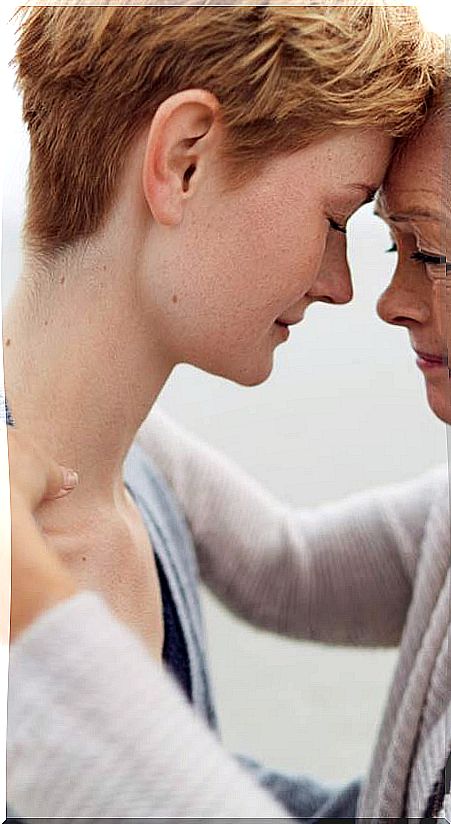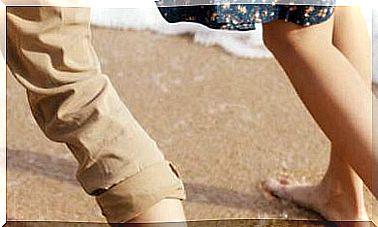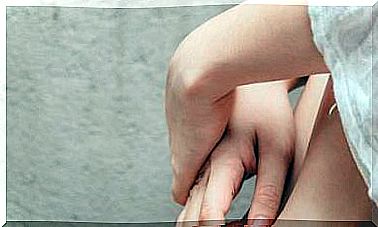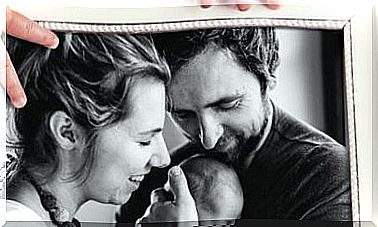Alzheimer’s. How To Recognize The Symptoms?
We always associate it with memory loss, but Alzheimer’s can have other physical and psychological symptoms. How do they evolve?

Normally, the person who usually sounds the alarm and suspect that something is wrong, and that a family member behaves differently, or that something is changing … is the family itself. At the beginning, it is usually minimized: “It will be a matter of age”, “it is a bad streak and see if it focuses”, and so on. Denial about a novel problem, together with the inaction that usually occurs at the beginning, does not help.
The sooner you go to the doctor, the sooner your anamnesis (set of data that collects your clinical history for diagnosis) will be done, and therefore, the symptoms will begin to alleviate and the patient will be stimulated. As family members, the diagnosis will help us understand the reason for some behaviors, avoiding unnecessary discussions regarding past events.
Symptoms of Alzheimer’s patients
Let us bear in mind before approaching the list that each Alzheimer’s patient is unique and will experience various symptoms throughout the process of their disease, with great variability, even with great changes on the same day.
It is important to bear in mind that the alterations experienced by the patient are due to damage to the brain, in fact, it is more than likely that the brain damage may have started before the first symptoms were detected.
These injuries will cause various deficits or problems that will cause various symptoms, which can be grouped into the following areas of life:
In the cognitive area
Memory problems, inattention or a structural disorder in the language, would be some examples of conditions in this area better known and recognizable.
In the psychological area
The affected person may show changes in personality, difficulties in social relationships, continued apathy, sleep disorders and behaviors different from usual.
In the motor area
You may have a progressive inability to carry out activities in your personal routine that you were previously capable of doing, such as dressing, combing your hair freely, grooming yourself organized and efficiently, cooking logically, etc.
What are the stages of the disease?
The ailments and ailments do not occur suddenly, but are installed randomly and gradually.
We can say that within the evolution of the disease we find three phases or stages.
These stages are not always clearly differentiated, due to the progressive deterioration characteristic of the disease. To frame each patient in each phase, their general condition will be taken into account more than the specific symptoms.
Initial phase
It is the phase in which the patient still retains a certain autonomy and can fend for himself, without our assistance.
At these times, family members, driven by feelings of grief or fear, tend to respond in an overprotective way, preventing the patient from doing activities that they are still capable of doing on their own and that are beneficial to them.
The most relevant objective in this stage then resides in promoting their physical and cognitive stimulation, since today there is no cure for Alzheimer’s.
Encouraging and encouraging will help to slow down the evolution of the disease.
For physical stimulation it can be positive to encourage some outdoor activities and in a very respectful, playful and motivating way, never imposing.
For cognitive stimulation it can be:
- Repeating lists of words.
- Dialogue requesting summaries of events that occurred, of what he has done that day, or of the news on the news.
- Recite strings of data recognized as months of the year, days of the week, poems, famous songs …
- Play chain words.
- Write the addresses and telephone numbers of some of your closest relatives.
Whenever possible, here it is best to keep the person in their usual environment, with some surveillance and supervision.
Intermediate phase
At this stage, the affected person already needs more collaboration and assistance in their daily chores, such as dressing, personal hygiene … They will become more and more dependent, however, we must try to ensure that our help is as little as possible according to the circumstances.
Let’s not do things for him by system; We can indicate the action and have him perform it, or start it and finish it, that he imitates the gestures … We will have to adapt our help to each event, since each of them will require new instructions or corrections.
Advanced phase
At this point, the patient is practically immobile. It is so dependent that it is only possible to propose the most suitable solutions for family organization without leaving the patient unprotected.
Admission to a residence is usually considered at this stage.
How to face the diagnosis?
After the diagnosis, we should not project ourselves into distant events and think about what the terminal phase will be like.
Being focused on the only present tense is more beneficial.
Better to plan little by little, from week to week, gradually as problems arise.
Being in the position of the caregiver, it will help you to know what is going to be found, how the disease will evolve and how you can treat this person.
All this without prejudice to seeking professional help and support: from your doctor, social services, self-help associations or other professionals that you deem appropriate, allowing you to discharge unnecessary anguish.









